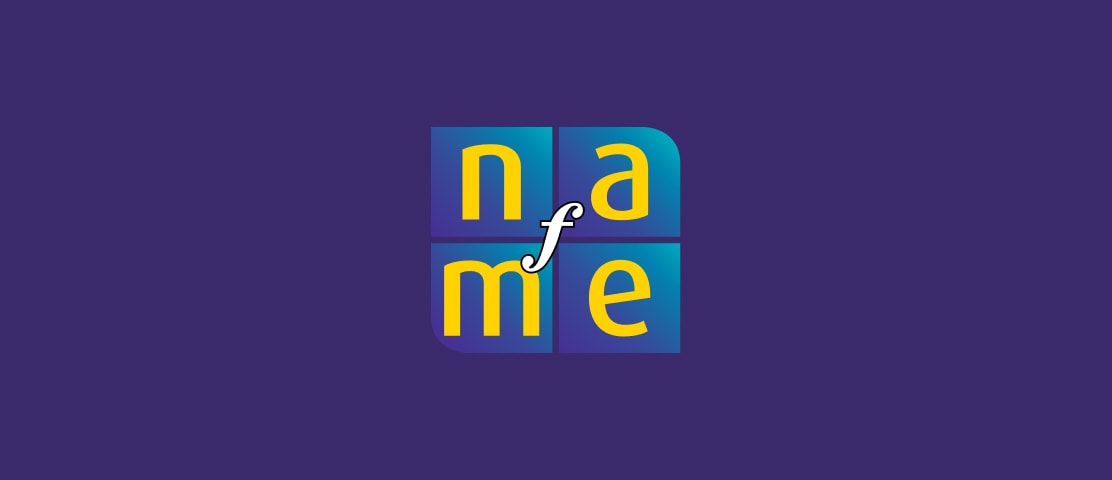/ Publications & Resources / Resource Library / Inclusivity and Diversity in Music Education
A Position Statement of the National Association for Music Education
The study of music includes the study of the people, places, and cultures involved in its creation and performance. As our country becomes increasingly diverse, it is important for students in every school setting to study a wide variety of musical styles, cultures, and genres. The 2014 National Music Standards embrace this holistic approach to the study of music, encouraging teachers and students to explore a variety of musical styles and music-making traditions from around the world. This goal will be better served when we recruit a more diverse teacher workforce that more closely resembles the diversity of the United States and our school populations.
This position statement addresses the need for music education programs in our nation’s schools to be inclusive of a variety of music making traditions and opportunities, as well as the importance of building a diverse music educator workforce to support music making by all. A companion statement on Access and Equity in Music Education addresses equitable access to music education for all students, so that students, regardless of race, ethnicity, disability, economic status, religious background, sexual orientation and identity, socioeconomic status, academic standing, exceptionalities, or musical abilities, can participate in the making of music within their schools.
Our Position
A well-rounded and comprehensive music education program, as envisioned in the 2014 National Music Standards, should exist in every American school; should be built on a curricular framework that promotes awareness of, respect for, and responsiveness to the variety and diversity of cultures; and should be delivered by teachers whose culturally responsive pedagogy enable them to successfully design and implement such an inclusive curricular framework.
Contrary to NAfME’s position, counterarguments to this position state that, although music is part of every culture in our world, music education should focus on the best in music-making, particularly the Western classical tradition. This approach holds that popular music and other traditional or folk music are not for classroom musical study. Additional counterarguments to this position include the denial of systemic barriers for teachers of diverse backgrounds from entering the workforce.
Including all forms and types of music within the classroom, however, from folk to classical, and from popular to non-Western, allows students to explore and expand their communication, collaboration, and music literacy skills in a variety of formats, structures, and ensembles. Embracing a variety of music-making in a school’s music program helps connect the music educator to the school’s community, providing opportunities for parental and community support and participation. Creating a more diverse music educator workforce supports the connection between community and school as the teaching workforce evolves over time to better match the students that we teach. Expanding the types and styles of music studied and performed invites more students into the music classroom, helping NAfME and its members realize the mission of promoting the understanding and making of music by all.
Plan for Implementation
National and state leaders for NAfME will support inclusivity and diversity in music education by:
- Providing members with the skills, information and collegial support necessary to work with and support an increasingly diverse society, within and outside the music classroom.
- Recruiting and retaining persons of diverse cultures, identities, and ethnic origins to teach music in schools.
- Identifying and recruiting new and emerging leaders from all groups represented within NAfME and in society as a whole to participate in leadership of the Association.
- Requesting our affiliated Federated Music Education Associations to build institutional support for and promotion of all musical styles and ensembles (e.g., Mariachi festivals; Steel-pan and guitar all-state ensembles; Orff all-state ensembles).
- Conducting and promoting systematic research into the best practices for delivering music instruction to students, in a variety of musical styles and genres, and engaging in the dissemination of the results of that research.
- Partnering with institutions of higher education and their societies and accrediting bodies to embrace a wide-range of musical study in post-secondary music education curricula and to invite a wide-range of music students to pursue the study of music education through a more open and inclusive application process.
- Examining the strategic directions in the Association’s strategic plan – Advocacy, Research, Leading the Profession and Capacity Building – through the lenses of inclusivity and diversity and by inviting diverse member participation in this process (e.g., Research funding focused on funding projects in the areas of inclusion and diversity).
Members of NAfME can support inclusivity and diversity in music education by:
- Building music programs that address achievement in all areas set forth in the 2014 National Music Standards, including the study of a wide variety of music-making that encompasses styles and genres of music broadly representing America’s cultural diversity.
- Understanding their community’s needs and interest in music-making, including diverse musical styles and genres.
- Welcoming any and all students who want to learn music, regardless of exceptionalities, identity, orientation or cultural background in their music programs K-12.
- Seeking to learn about musical styles and traditions that are not part of the educator’s own musical background through in-person and online professional development opportunities.
Category
- Diversity, Equity, Inclusion, and Access (DEIA)
Resource Type
- Position Statement
Year Added
2017




